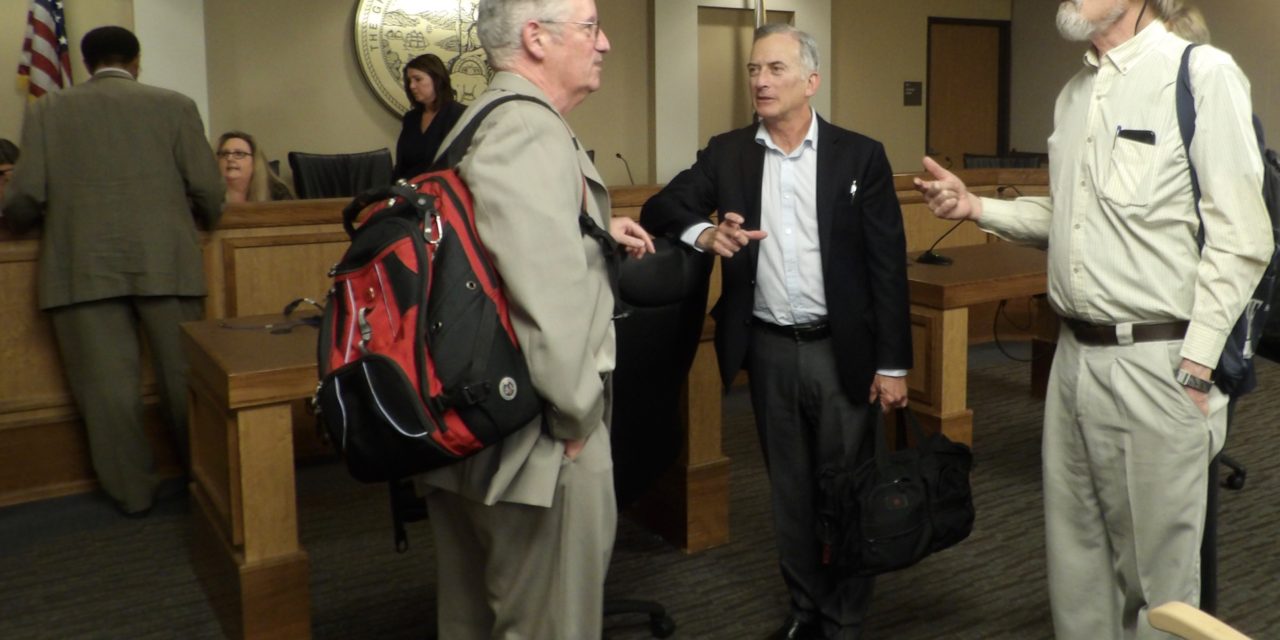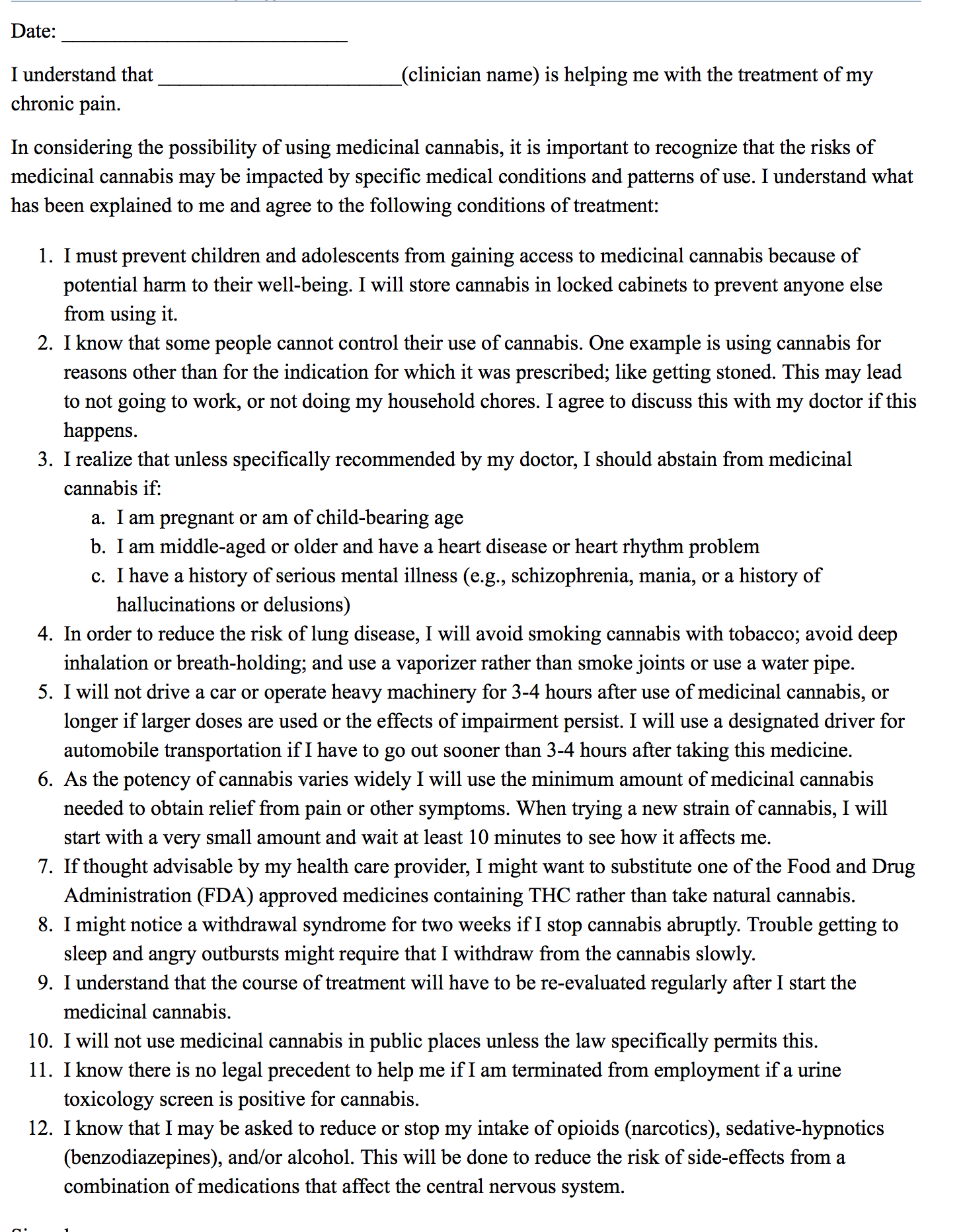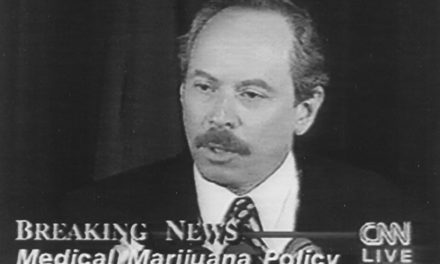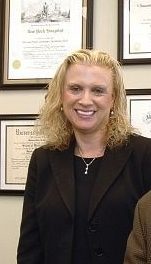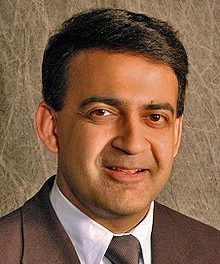By Fred Gardner. Practice guidelines governing the recommendation of cannabis by physicians were discussed at an Aug. 30 meeting in Sacramento of the Medical Board of California’s Marijuana* Task Force. The draft guidelines were deemed satisfactory by Steve Robinson, MD (a board member of the Society of Cannabis Clinicians), Perry Solomon, MD (a founder of HelloMD), and Dale Gieringer, PhD, director of California NORML. Each had seen looming threats that did not materialize.
The MBC has been reviewing its guidelines in response to a recommendation from the Federation of State Medical Boards (FSMB) that all states adopt “model guidelines” drafted by FSMB lobbyists in Washington, D.C. Robinson and his SCC colleagues objected — in testimony at an MBC board meeting and in a letter to JAMA— to several provisions of the FSMB “model guidelines.”
The Marijuana* Task Force had posted its draft guidelines on Friday, August 25, with wording that would have required physicians to conduct a physical examination before issuing a cannabis recommendation. This would have meant Goodbye to HelloMD and other Cannabis-by-telemedicine services such as Meadow and Eeze. On Monday, August 28 Perry Solomon, emailed his staff and the 70,000 patients on HelloMD’s list, urging them to contact Kirchmayer and defend the company’s right to operate:
“Since January 2014, the California Medical Board has supported Telehealth access for cannabis patients, and this has made getting a cannabis recommendation low cost and easy for Californians…
“The Medical Board is now proposing to take all that away and make physical exams mandatory for cannabis consultations. Thus denying Californians their right to access for care and stepping backwards in time. It is wrong and dangerous.
“Help us convince the Medical Board to keep the requirements for physical examination OUT of their new proposed regulations by sending this letter to the Board…”
At 1:22 that day Kirchmayer contacted Solomon to say that the wording in the draft was erroneous and that the guidelines would not require physicians to conduct a physical examination of a patient prior to issuing a cannabis recommendation. She requested that he call off the email deluge. At the meeting in Sacramento she acknowledged having received 1,500 protests.
“I don’t know at what point in time after noon Monday she stopped counting,” Solomon told O’Shaughnessy’s.
Dale Gieringer’s question for the Task Force concerned the requirement that recommending physicians tell patients about “other options” for treating their conditions, and “potential adverse effects.” Do doctors prescribing opiates have to meet the same requirements, he asked —and was reassured by Kirchmayer that indeed they do.
Among the handouts distributed by the Task Force was a slightly revised version of a “Medical Cannabis Agreement” written by Brad Wilsey, MD, and colleagues from the Center for Medical Cannabis Research at UC San Diego and published in the Clinical Journal of Pain 2015; 31 (12). Perry Solomon questioned the terms of the Agreement and Kirchmayer quickly put in that the board was planning to provide it to physicians as “a tool they might want to use,” but it would not be mandatory that physicians provide it to patients.
- The state of California has deemed that the subject at hand is “cannabis” not “marijuana,” and all official documents and references are to be changed accordingly. Speakers and task force members at the August 30 meeting kept saying “…marijuana, I mean cannabis.” It must have happened 10 times over the course of an hour. The board’s executive director laughed at herself when she did it.

